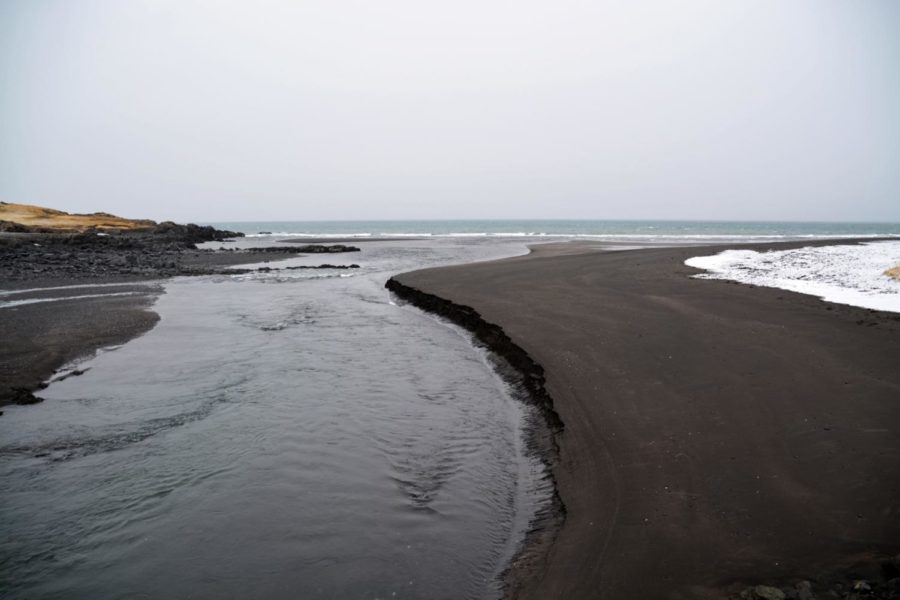One of California’s Worst Oil Spill in a Decade
The October 2021 California oil spill is one of the worst oil spills to hit the state in a decade.
The California oil spill sparks debate over the efficacy of our current regulations on the oil industry.
Contaminated reserves, washed up birds covered in oil, and devastated wetlands — the aftermath of the California oil spill that took place on October 2nd, 2021 can be seen from miles away and is still largely in effect. Caused by a pipeline rupture, the spill released at least 125,000 gallons of crude oil into the southern California coast off of Huntington Beach. The oil spanned across 8,320 acres, roughly the size of Santa Monica, and it made its way into the Talbert Marsh, a 25-acre ecological reserve in Huntington Beach which is home to dozens of bird species. With over 560 birds killed across 28 different species and marine life decimated, officials are calling this oil spill an “environmental catastrophe” and one of the worst oil spills to hit California in over a decade.
California Attorney General Rob Bonta and other authorities are working to determine the cause of the spill. In a statement, Bonta described the spill as having “far-reaching consequences for our fish and wildlife, for our communities, and for our economy.” U.S. Coast Guard investigators have speculated that the underwater oil pipeline was likely struck by a large ship’s anchor. However, before the pipeline rupture was discovered on October 2nd, it is likely that tens of thousands of gallons of oil had already spilled into the ocean.
The aftermath of the spill sparked outrage and demands for stricter regulations in order to prevent such events from taking place again in the future. Currently, the Environmental Protection Agency (EPA) is in charge of preventing and responding to oil spills. Their oil spill prevention programs include the Spill Prevention, Control, and Countermeasure (SPCC) and the Facility Response Plan (FRP) rules. The SPCC rule prevents the discharge of oil into nearby waters or shorelines by requiring facilities that store and use oil to develop and implement an oil spill prevention plan, known as an SPCC Plan. The FRP rule requires facilities to maintain an FRP, which is a plan to respond to a worst-case oil discharge. However, despite these safety measures and even after fines and charges, companies are still reluctant to invest in better infrastructure, and oil platforms are continuing to leak into coastal waters.
Debate has already been spurred over the use of oil rigs in California, and there are even calls to ban offshore drilling. In fact, Representative Jared Huffman (D-San Rafael) and Senator Dianne Feinstein (D-California) introduced a bill; earlier this year, called the West Coast Ocean Protection Act, which attempts to permanently ban oil drilling in the coastal waters of California, Oregon, and Washington State. This legislation is a step in the right direction, but there is still so much more to be done, whether it is reforming the oil industry itself or changing our individual actions. “There should be more measures to prevent oil spills, but there also need to be efforts to decrease our reliance on oil. [The oil spill] brings into question tighter regulations on pipeline oversight and the removal of unused pipelines which can still leak oil,” said League of Environmental and Animal Protection (LEAP) President Emmaa Afful ’22.
The California oil spill is a reminder that oil spill disasters will only continue to occur and plague beaches and marine life in the years to come, especially given the aging and outdated infrastructure of the oil industry. As such, it is crucial that both legislative and individual actions are taken to preserve our environment. “It should be one of the top priorities of humans to preserve our environment,” said Andrey Lin ’22.
“There should be more measures to prevent oil spills, but there also need to be efforts to decrease our reliance on oil. [The oil spill] brings into question tighter regulations on pipeline oversight and the removal of unused pipelines which can still leak oil,” said League of Environmental and Animal Protection (LEAP) President Emmaa Afful ’22.
Wei Ni Zhang is a News Editor for the ‘The Science Survey.’ She finds journalistic writing to be most appealing given that it allows for different...

